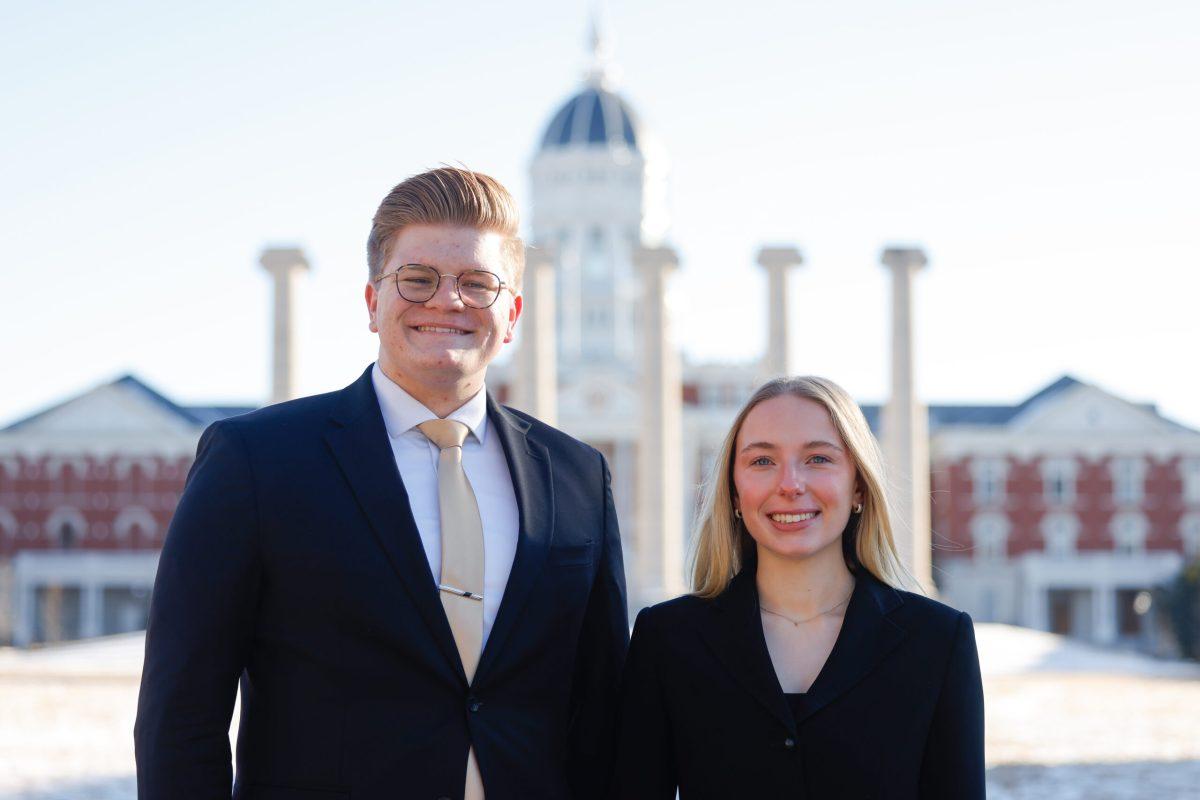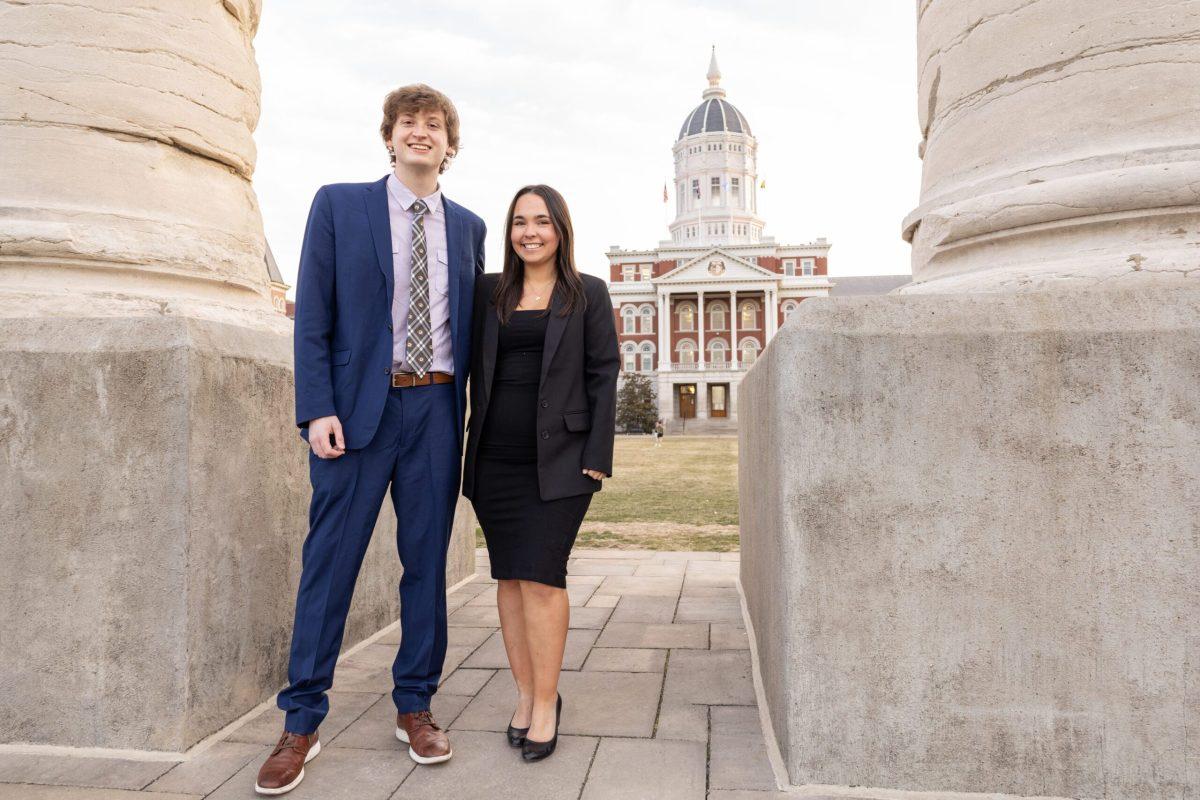The journey to reduce smoking in the U.S. remains a priority for health institutions. As interest in vape products increase, healthcare professionals continue their goal to decrease tobacco and nicotine addictions among people of all ages.
In Columbia, the Ellis Fischel Cancer Center and the MU Wellness Resource Center offer Quit Tobacco Now, a free program designed to help members from the community quit tobacco.
The group meets every other week for five classes over the course of 10 weeks. Two sessions are offered every year and the next session begins Jan. 9, 2020. It is open to any member of the community 18-years-old and on. The classes are co-facilitated by assistant teaching professor Jenna Wintemberg and adjunct professor Tiffany Bowman.
The class offers free resources to registrants, including counseling, nicotine patches, gum and lozenges.
“We know from the evidence that the way people are most successful in quitting is when they have actual support,” Wintemberg said. “When they have coaching, when they work on developing skills and good coping strategies and active planning and they combine that with nicotine replacement therapy.”
The program started three years ago as a result of a community needs assessment. It is an outlet for Ellis Fischel to help prevent cancer in addition to treating it.
According to Robin Dianics, another staffer on the Quit Tobacco Now program, 8% of registrants stopped using tobacco-related products after attending just one class and 54% succeeded in quitting after 10 weeks.
“Our main goals are for people going through the program to become completely tobacco and nicotine free,” Wintemberg said.
Older registrants who have trouble quitting within the allotted 10 weeks are always invited back to take another session and make another attempt to end their addiction.
“We’ve had people coming to our class who’ve been smoking 30, 40 or 50 years,” Wintemberg said. “We know this is not an easy process.”
But the program does not apply only to long-time smokers. According to the FDA 2018 National Youth Tobacco Survey, youth tobacco usage increased over the past several years due to e-cigarettes. Quit Tobacco Now focuses on the same method of developing active coping mechanisms to help both smokers and vapers.
“We have to be prepared to address this,” Wintemberg said. “In terms of people reaching out to us as healthcare experts for help, it’s only going to increase.”
According to Wintemberg, Ellis Fischel and MU Health Care recently launched a new task force named the Tobacco Prevention and Cessation Task Force. The group has met a couple of times to address new issues, including vaping products and how to expand programs to younger populations.
To support the program’s goals, MU Health Care continues to promote other resources within MU, Boone County, Missouri and the U.S. Wintemberg stressed the program’s dedication to the importance of these goals.
“We have to be compassionate, we have to help people, we have to make sure that they have resources,” Wintemberg said.
_Edited by Ben Scott | [email protected]_














